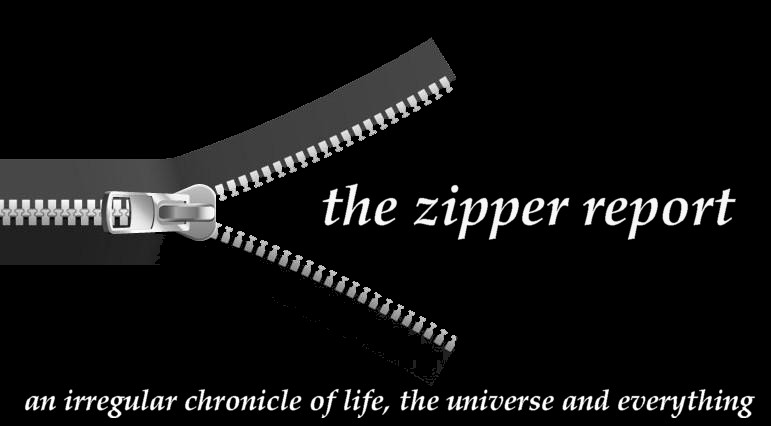I was sharing Fellini's LA STRADA (1954) with a friend recently, when I turned to find her in tears. Now, while I'd had no reason to expect she wouldn't be moved by a film that never fails to move me, the intensity of her reaction was startling; and it reminded me of the power films can have in our lives - especially when they're really well made.
It got me thinking about the other side of that coin, too - about when disaster movies are bigger disasters than the ones they portray. And I think the best example of this is James Cameron's TITANIC (1997).
Oh, I can hear women screaming now!
I hear them demanding a retraction, insisting that the scene with Leonardo and Kate at the bow of the ship (facing into the wind like a pair of hounds with their heads out a car window) has become one of cinema's classic icons.
Sad to say, I must admit it has! Unfortunately, unlike Marilyn's blowing dress or Orson's lips forming the word "Rosebud", the bow-sailing sequence stands all by its lonesome in TITANIC. And one memorable scene does not a great film make.
I have to think Cameron would have done better to have stayed at the dock - or stuck to making a doc. Still, given his considerable talent and near-obsession with the subject, it's hard at first to understand why he went as far wrong as he did.
He began with the one thing many current blockbusters lack: a coherent, compelling story. Blessed with the world's best-known shipwreck as a theme and a seemingly endless public appetite for its tale of pride and peril, Cameron assembled an all-star cast, the latest electronic special effects gadgetry and amassed a truly titanic budget to pay for it all.
Any industry insider watching would have said he was on the verge of launching one of the biggest box-office successes ever.
But it's like Pauline Kael always said. The history of Hollywood films is the history of near-misses, leaving us again and again with that bittersweet thought of what might have been.
RMS Titanic was the biggest liner ever built. So, naturally, the film had to be "super-sized", too. Right?
But it seems they forgot that the Titanic went down, because the people who built and operated it believed that size was everything - surely more than enough to save them from disaster.
And how did that work out?
And how did that work out?
No, for my money, there's one movie that's done a much better job of capturing the truly awful drama of that truly awful night. It was made in Britain over half a century ago - and on a budget that probably wouldn't have covered Cameron's catering costs.
A NIGHT TO REMEMBER was produced for Rank in 1958 by William McQuitty and directed by Roy Baker. And while you may recognize only a few of the actors (Kenneth More, Honor Blackman and David McCallum, surely), I doubt you'll ever forget the performances they gave or ever escape the eerie sense the film created of actually having been on a sinking ship.
What this simple-but-powerful production stresses is what Cameron failed to make a priority in his own: namely, the intensely human drama of facing certain death.
Held up against its more recent, more lavish competitor, A NIGHT TO REMEMBER proves that money isn't everything and that there are times when those epic qualities of scope of action, intricate detail and inescapable horror are best left to the greatest special effects generator ever invented: the one between our ears.
Icebergs or not, I intend to hold my heading where TITANIC is concerned. And I'll continue to maintain what history has proven over and over again: the bigger they are, the faster they sink.



Couldn't agree more.
ReplyDelete